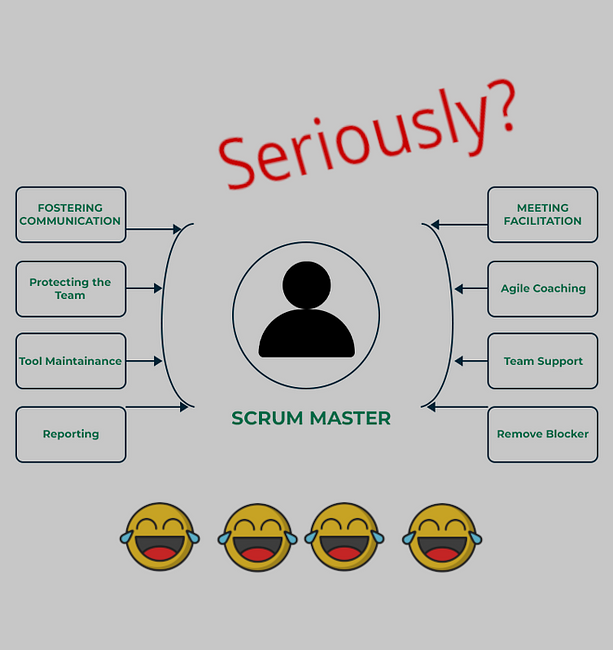
Shorts
Tuesday, June 03, 2025
We need to put managers in managerial roles
Does it sound like a nonsensical phrase to you? But how many times have you seen a person who, for many years, was a developer or a business analyst, become the one who manages a team or an entire area? Or that developer who created an app and, after its success, became the company's director overnight?
Cases like these are common in all companies, and if you think it only happens in your country or industry, you are completely mistaken. It happens all over the world.
So I’ll say it again: let’s put managers in managerial roles. I will clarify my points below:
- A manager is not someone who needs to know the rules involved in the product or what are the requests and responses of a specific part of a system. That’s what we have the business analyst for.
- A manager does not need to know about UI/UX, ifs and elses in the code, what a class is, or why a database doesn’t return the information. That’s what we have designers, tech leaders, developers, and testers for.
So what does a manager do?
A manager is an organizer of activities, processes, people, and information. In addition to this, they are responsible for the decisions regarding what the team will do and what it will not do (in contrast to what agile suggests). Ultimately, they are responsible for explaining and clarifying everything to everyone.
Regarding information, they are the ones who separate, organize, and send the correct information to the right people. A developer should not receive the same information and in the same way as a CTO, plain and simple.
However, I have not yet presented the key skills that a manager must have and that are often not as developed in other roles:
The famous soft skills.
- A soft skill is when the manager manages to find a solution for a problem that isn’t being resolved and both parties are already tired of arguing.
- A soft skill is explaining to the client in a polite way that that completely unreasonable request will not be fulfilled because it makes no sense to add it to the product.
- A soft skill is guiding the team toward a delivery that will catapult the company into a new market, using their role to protect the involved team from other requests coming from everywhere.
- And yet, it is saying no to the director, even if it costs them their job, on a request that cannot be fulfilled because the team is already at 100% capacity or because the request makes no sense.
For all this, I want to emphasize that the role of a manager can be learned, but it must be LEARNED! It is not a gift that automatically comes after years of work or because the app has gone viral on the internet.
And for those who are interested, there are courses in universities around the globe that teach how to become a manager.
Don’t do like everyone else; if you want to manage, learn it first.
What do you think? Do you agree? Like this "short," comment on LinkedIn, or share it on your social networks.
See you soon!
Erik Scaranello



